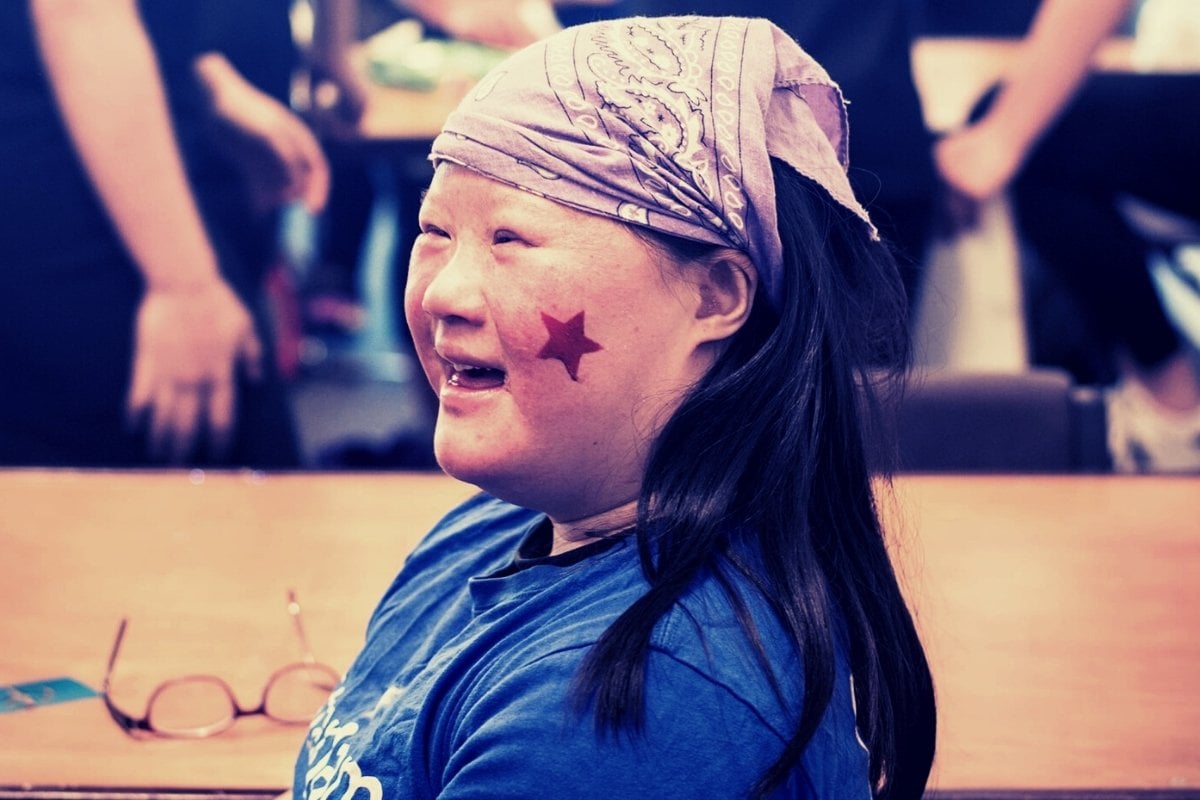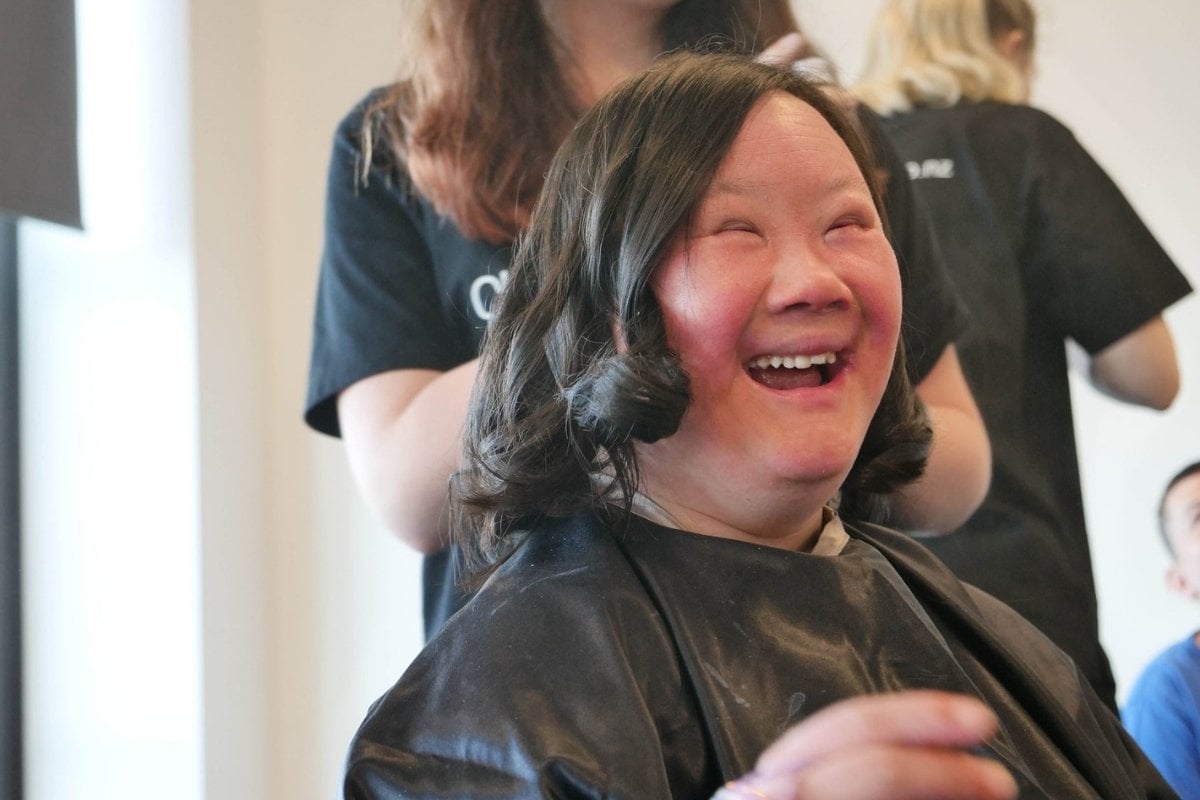
Women have become sadly accustomed to uniting in anger. When one of us has their lives taken, we look for strength in each other and seek to assert our power as a collective. We gather in vigil or protest. We create online movements. We push conversations about our public safety. We share links, or sentiments, or cash for causes.
It happened for Jill Meagher, murdered in a Melbourne laneway in 2012 by a man on parole for other violent offences. (Days after her body was found, 30,000 people marched through Brunswick in her memory, and on each anniversary of her death people continue to post social media pictures of candles they've lit to honour her.)
It happened for Melbourne comedian, Eurydice Dixon, who was murdered while walking home from a gig in 2018. (#illuber you trended in the days that followed, as people offered to help women in the performing arts return safely from a late night's work.)
It happened in New Zealand for British backpacker Grace Millane, whose 2018 murder prompted a public apology to her family from Prime Minister Jacinda Ardern and saw major landmarks lit with white ribbons in her memory.
It happened in the UK after the murder of Sarah Everard, murdered by a policeman who abused his authority to get her into his car. (When the news hit global headlines, there was a deluge of social media posts under hashtags like #textmewhenyougethome and #ReclaimTheStreets in which women shared their stories of feeling unsafe in public places.)
And recently, it happened for American woman Gabby Petito, whose presumed homicide attracted a truly remarkable amount of news and social media attention around the world.
Yet, so far, there's been comparatively little of that attention afforded to Lena Zhang Harrap.





























































































